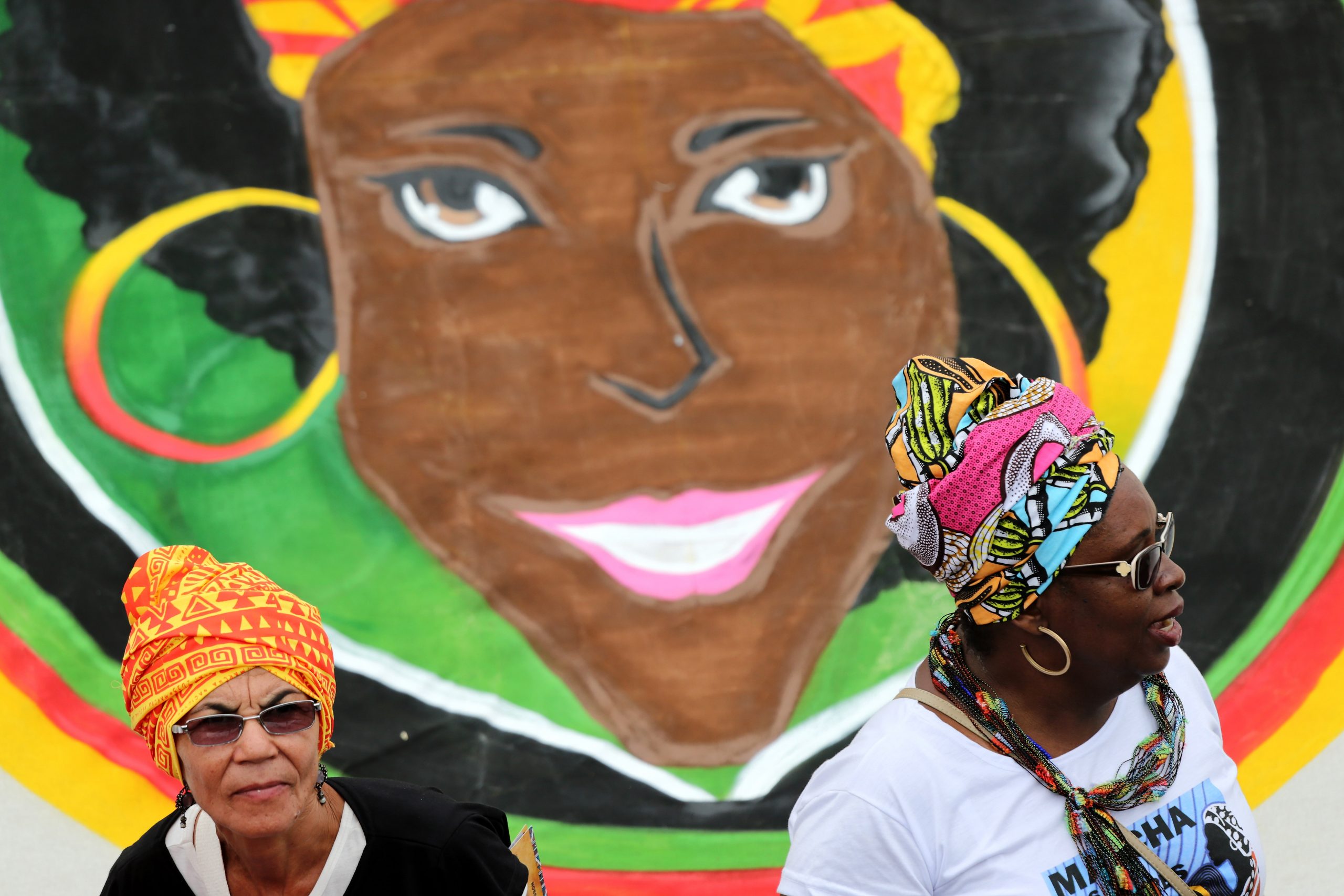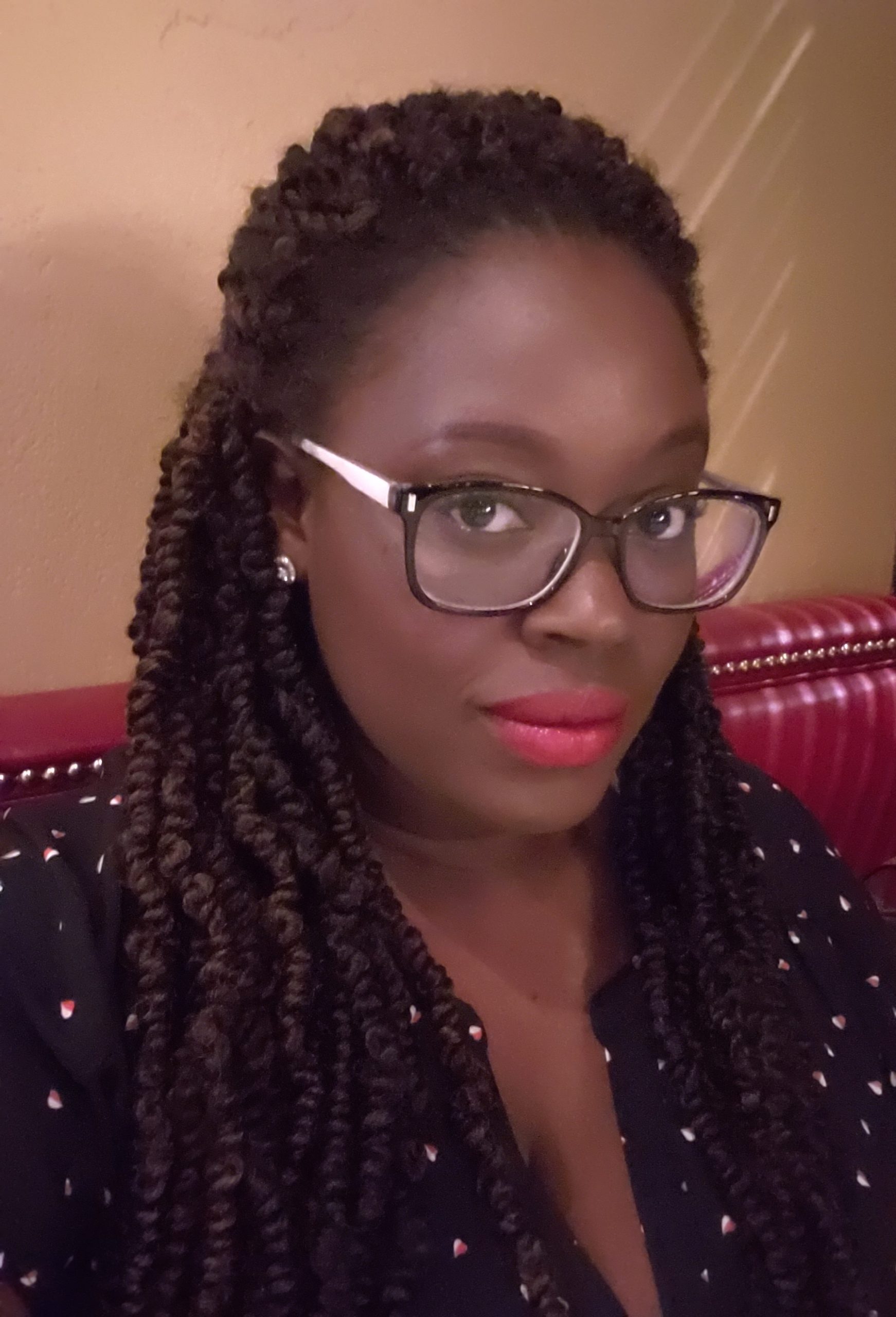What does it mean to exist in this world as a Black woman?
I’ll take it a step further—what does it mean to be a Black woman in Mississippi?
Auntie Aunjanue Ellis told Aliyah Veal of the Mississippi Free Press in 2020 that to be a Black woman in Mississippi is to be well fed. I felt the richness of Mississippi’s soul—from the music, to the food to its history—well up inside of me like a warm hug from just reading her response.
To be well fed means to be safe and warm at home. I surely identify with that.
Yet, for me—to be a young, Black woman in Mississippi is also to be self-fed, self-sustaining, self-loving and self-made in order to be selfless for all others. Being sick and tired of being sick and tired, as Mrs. Hamer put it, is not a call to rest for Black women, but a call to arms.
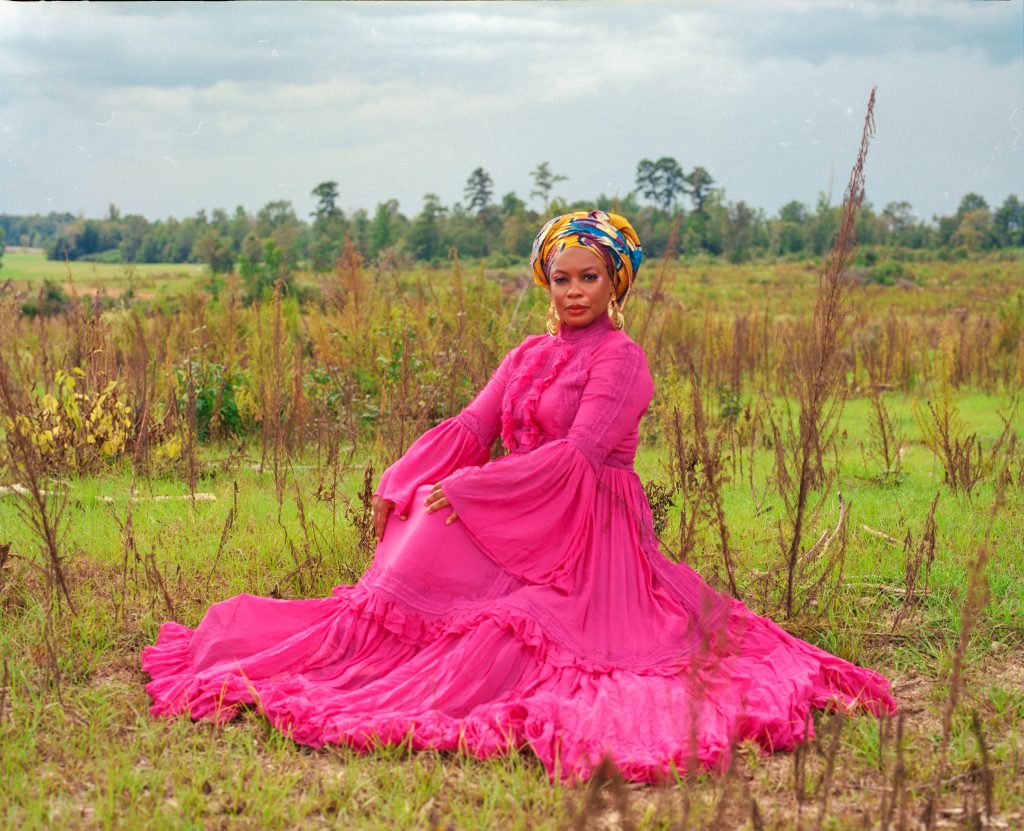
It’s ingrained in Black women to keep pushing, to keep giving, to keep refilling every cistern besides our own, as we “magically” form springs of water to revive the nation, our societies, our very own family and children to drink from.
Few seem to care where this “reviving water” comes from, and few care to even ask—just as long as we keep pouring.
Our clay vessels are dry, brittle, cracked along the walls. The water that continues to flow out of us and into the lives of others doesn’t always come from a healthy place, and surely this “flow” isn’t just a consequence of abundant overflow. These waters stream from the pressure of generational trauma living and breathing inside many of us. That spring of water is from a burst pipe, and at this critical point, I’m worried we will lose control of the flow.
Yes—I emphatically and undoubtedly believe that we should follow Black women.
However, I’d like to loudly interject that we must also repair Black women as we follow Black women.
Mississippi Never Studied Black Women’s Health Inequities
Statistics show that at the onset of the pandemic, Black women were the most impacted in both infection and deaths from COVID-19 in Mississippi. In fact, during an interview in April 2020, State Health Officer Dr. Thomas Dobbs stated that Mississippi has not studied the data about how inequities contribute to worse health conditions in Black women.
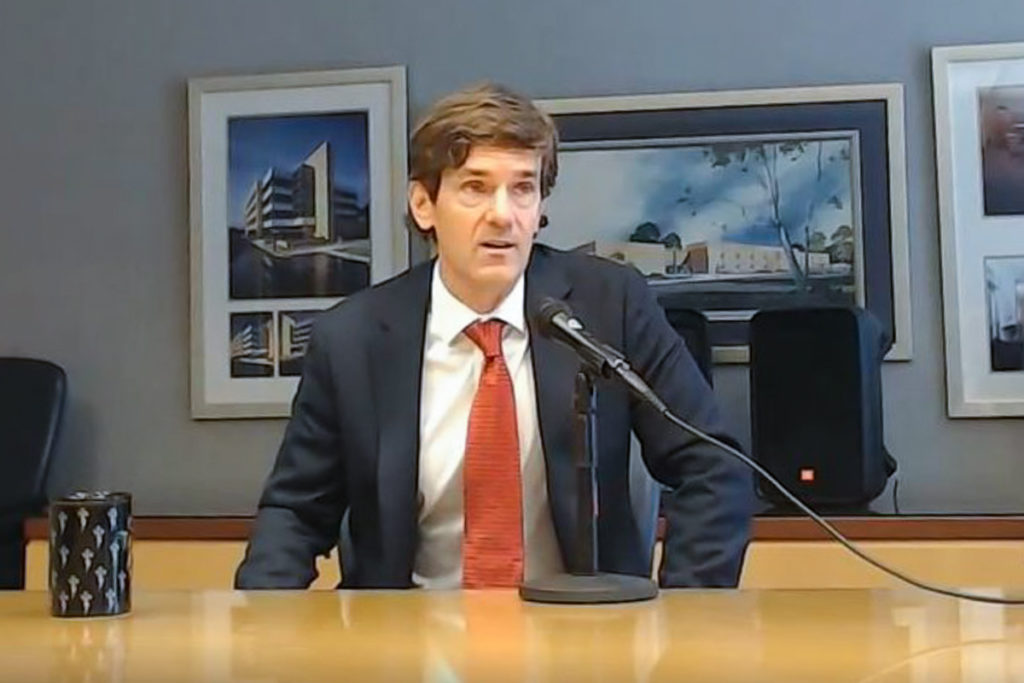
“We don’t have the answer to it, yet. Certainly it’s something that we will investigate as we go through. …Those are all future questions that we’re going to have to do a detailed analysis (on),” Dobbs said then.
This seems to be a trend for Black women in all areas of disparity whether it’s in health care, economics or in prisons filled with incarcerated Black women and women of color.
Mississippi is a factional state, meaning citizens in one region (or county) often have little idea of the problems and solutions in another. Our state is also saturated with white-owned local newspapers and out-of-state-owned corporate TV coverage that often misrepresent Black, Native American and other minority communities.
A Black Women-Run Reporting Collaboration
I am proud to coordinate the “(In)Equity and Resilience: Black Women, Systemic Barriers and COVID-19 Project,” which is a collaborative effort joining together the Mississippi Free Press and The Jackson Advocate—the oldest Black-owned and operated newspaper in Mississippi run by Publisher and Editor DeAnna Tisdale. We plan to tell real people’s stories and use data mapping, live video testimonials, muckraking journalism, intense narrative reporting and inclusive solutions circles to hold the powerful, the rich and the predominantly white accountable.
To be frank, we intend to ask the hard questions and demand truthful answers.
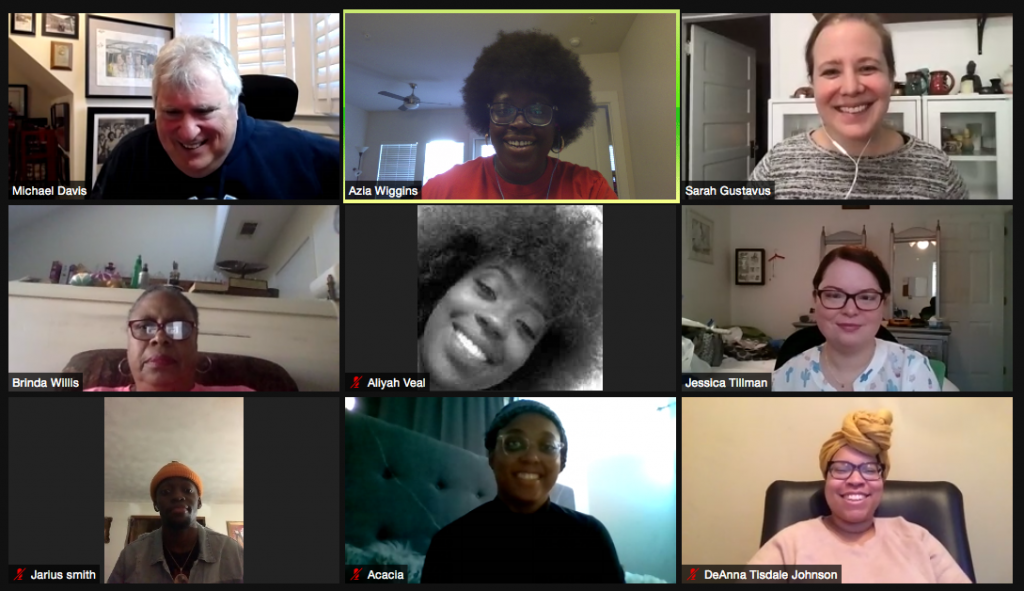
My job is to meet my fellow Black women in the trenches and call out to Black women all over the Magnolia State asking: What do you need to survive this? What is working, and what is not working? How, when and where have you been exclusively left out of the conversation? What are the resources you need to thrive financially, career wise, to raise and provide for your families?
With startup funding from the Solutions Journalism Network, we plan to use solutions journalism to shine light on how COVID-19 has affected Black women in Mississippi as well as how it has exacerbated the various levels of systemic disparities that Black women continue to face.
We intend to uncover holes, dig under rocks and amplify untold stories in counties around Mississippi so as to reap what has been owed to Black women since the building of America on the backs of our ancestors: Equity.
This project is personal for me—being the lead coordinator is exciting, but I don’t take it lightly. I simply can’t. I speak for all Mississippi Black women when i say: RUN ME MY EQUITY.
Yes, The Time Is Now to Push the Envelope
If I’m completely transparent, it’s been hard sitting down to write this editor’s note. I want so badly to do something worthwhile, something tangible—a change I can put into the hands and minds of my team as they start their own quests into the vast world of journalism, and hopefully onward to forge new paths and even broader networks.
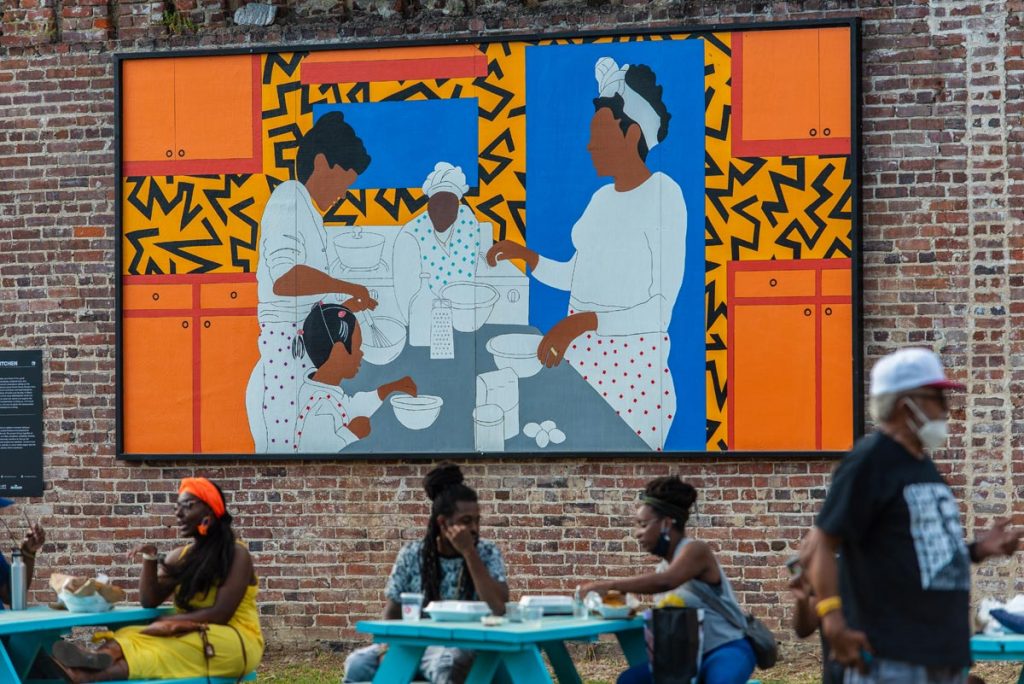
As I hone my own solutions-journalism skills, I want to usher in as many young, hungry, experienced underdogs of Mississippi as I can so they then can become another stable foundation to build on—a perpetual bridge erected on the backs and shoulders and necks of the original pioneers. We need to tell our stories together.
Who’s to say that we aren’t the pioneers I’ve always dreamed of? Who’s to say this media revolution can’t start with a team of talented and capable Black women who have agreed to take this journey on willingness and faith alone?
My favorite part of this so far has been my one-on-ones with some of my team members. The glee I hear in their voices as I tell them: Yes, I need you, your intelligence, your experience to serve the community you love. Yes, you can get paid to learn and master your craft and dig deeper into your purpose and voice as a writer. Yes, I trust you and your insight, and I hope we can learn together and from one another. Yes, the time is now to push the envelope and see what we all are made of. Yes, this door of opportunity was opened for me, and damn right I will open as many doors as my hand can touch for you and others like you.
I live for the quiet swell I could almost feel when I first told each of them my vision and how I want them to have a hand in discovering the truth and providing solutions, not just reporting bad news.
So far, my team has already fed this project with their own resilience as we all jump into this together, study, attend classes, all to do a new thing for Mississippi. Most of us amateurs when it comes to rigorous solutions journalism: Aliyah Veal (culture reporter, creative, lover of music and words—she continues her job with MFP while simultaneously training and working on this project); Deonica Davis (graphic designer/videographer and creative, intelligent and eager to step into foreign territory in order to broaden her horizons and learn new skills with ease); Acacia Clark (photographer, writer, overall creative—a sweet spirit who’s always willing to work, even when she’s not feeling well or taking care of others); Torsheta Jackson (writer and creative who wears many hats including Mom, but still shows up to as many trainings/webinars as possible), Jarius Smith (a young Black man student, writer—just an overall lover and supporter of Black women, who let me know from the beginning that he’s willing to do whatever is needed).
And that’s just the beginning. Several other team members have come on board. I’ll be telling you more about them soon.
‘Is This Where My Legacy Ends?’
I’ve already learned from the first of three solutions circles for Black women we held in 2020 that this period of unrest, this pandemic has forced many Black women—no matter age, background or career—to fearfully ask themselves, “Is this how I die? Is this where my legacy ends? What about who I may leave behind? Did I do enough?”
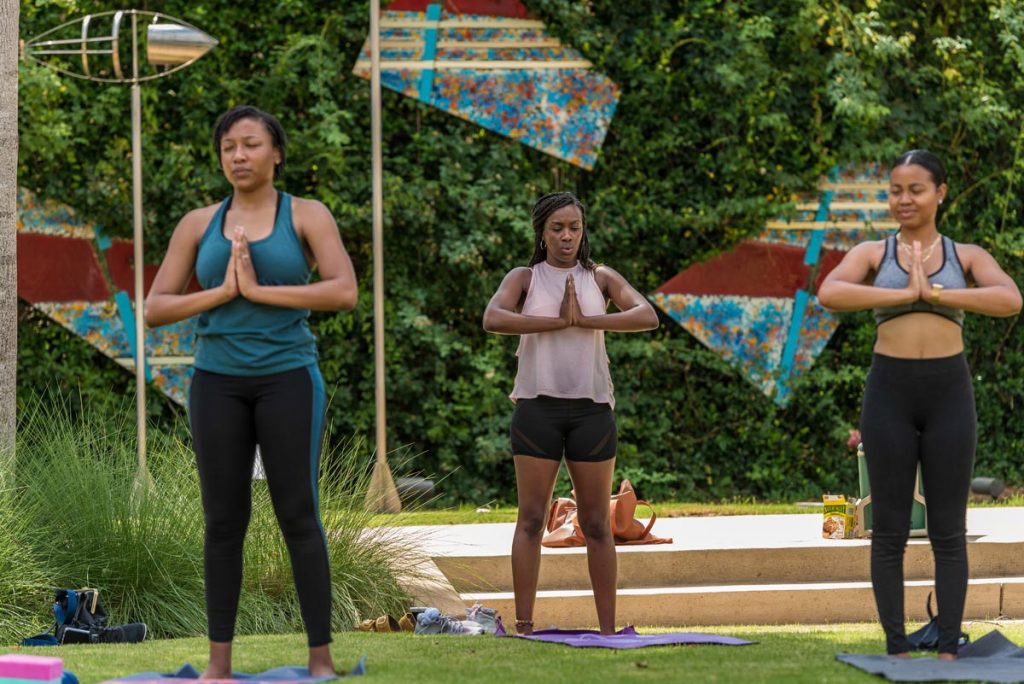
Black women, now is not the time to be humble when it comes to having our needs met.
Now is the time to speak out unapologetically, to make your demands and hold us—the nation, the world, the media—accountable. Our survival and success are paramount to building and maintaining a true democracy.
Now is the time to ask the questions to beget solutions for all Black women. Why not start right here in the good ole South, in my home, Mississippi—the root of hatred, abuse, exploitation of Black women. I believe that Mississippi is the epicenter of an authentic change our nation desperately needs.
As Black women, our resilience, our power, our essence are as great as our responsibility. It may be unfair, but only we are equipped. Hence, we must also lift, encourage and love on one another unconditionally.
Tell me: What does it mean to you to be a Black woman in Mississippi? Black women—what do we collectively dream to be?
Let’s do the work together, publish it for the world to witness and further activate real change right here—out of the Mississippi mud. We must lead.
This MFP Voices essay does not necessarily represent the views of the Mississippi Free Press, its staff or board members. To submit an essay for the MFP Voices section, send up to 1,200 words and factcheck information to azia@mississippifreepress.com. We welcome a wide variety of viewpoints.

